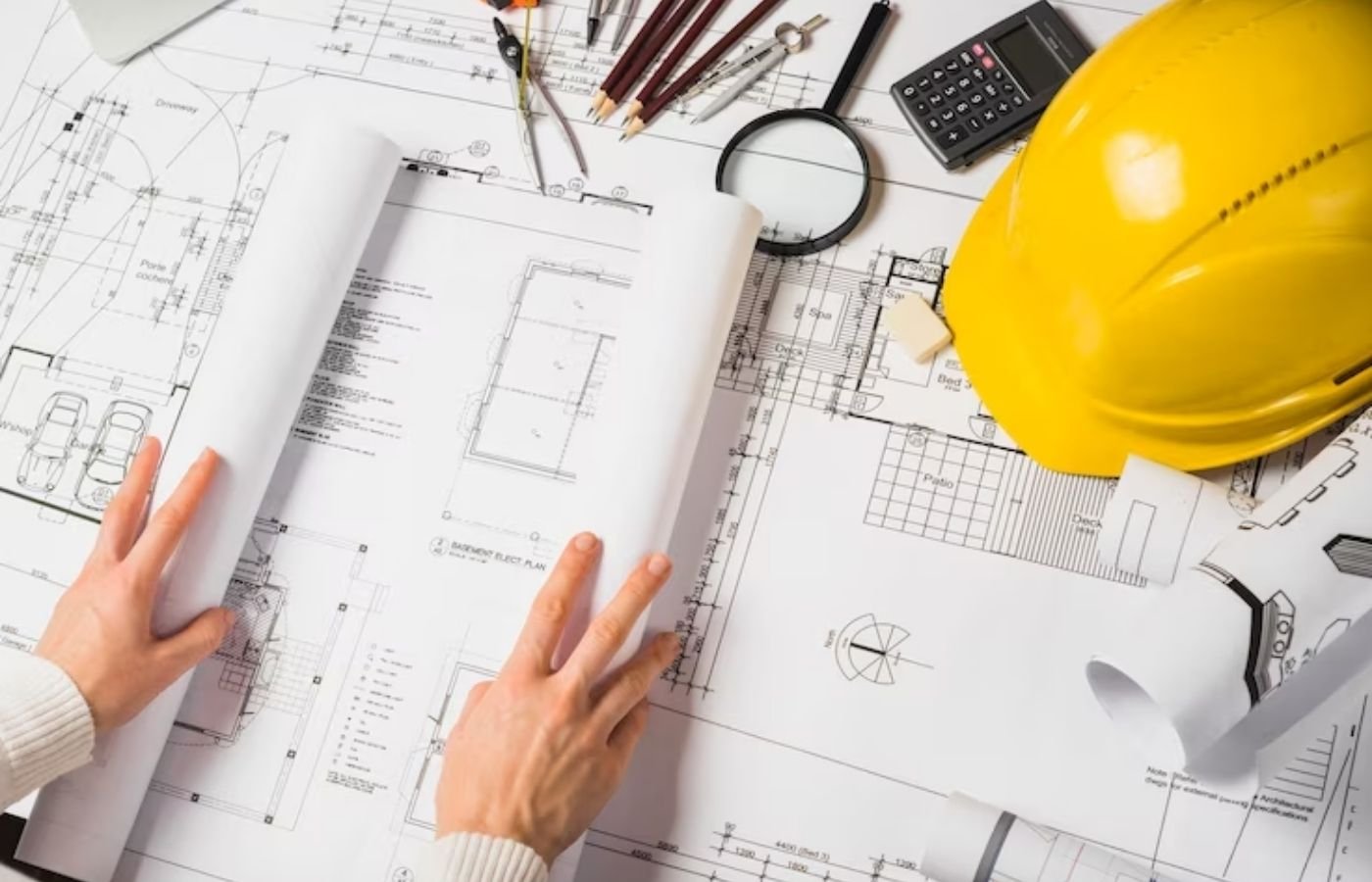Buying a house in 2023 might sound quite far off, but if you’re already thinking about buying a home for yourself, you’re ahead of the game!
As the years go by, there are always new trends to look out for when it comes to buying a home.
From smart technology to sustainability, here’s what you should be on the lookout for in 2023 when it comes to buying your dream home. So whether you’re a first-time homebuyer or an experienced homeowner, get ready to get the most bang for your buck!
In this article, we will share with you a list of things you should look out for when buying a home in 2023!
So, here goes nothing!
Roof Condition
Want to avoid any unpleasant surprise roofing costs in the future? It’s all about doing your due diligence and asking the right questions.
For starters, don’t be shy to ask the owner how old the roof is. It’s like trying to guess a person’s age, you need to know what it’s made of first. For example, an asphalt shingle roof should last around 20 years. Once you know the age, compare it to the typical lifespan of the material it’s made of and you’ll have a rough estimate of how much life it’s got left.
Next, ask the homeowner if they have a roof certification letter. It’s like a report card for the roof, contractors give it after inspecting the roof and estimating how long it will last in the next 2-5 years. Not all sellers will have it, but it’s worth asking.
Lastly, if you’re still unsure about the roof’s condition, consider getting a roof inspection. It’s different from a home inspection, home inspectors don’t always check the roof. So, don’t rely on the home inspection report alone, it could miss some costly repairs that you should know about.
Reliable HVAC
Wanna avoid living like a colonial settler and keep your home cozy all year round? Then you better check out the HVAC system before you buy.
When you’re house hunting, don’t be shy to ask about the heating and cooling systems in each home. And don’t just stop at the type of system, ask how old it is too. It’s like dating, you want to know the age and type of person you’re getting into a relationship with. And if they have any maintenance records, it’s a bonus.
Typically, HVAC units last anywhere from 10-25 years, which is like a golden age for machines. But if it’s broken, the repair costs can vary depending on the type of system and its size. And if you have to replace it, you’re looking at an average cost of $7,000. And don’t count on a home warranty to cover that either.
If the unit is less than a decade old and doesn’t have rust, water damage, suspicious-looking cracks, or weird sounds coming from it, you’re probably in the clear. But if you’re still worried, remember a home inspector should find any major issues. Then, you can work with your real estate agent on any repairs you’d like to request.
Plumbing Issues
When it comes to home plumbing, it’s easy to feel like you’re in over your head. Trying to figure out how much Drano is too much Drano or why the only way to get your toilet to stop running is to turn on the shower can feel like trying to solve a Rubik’s cube blindfolded.
But don’t worry, we get it. To help clear up (see what we did there?) some of the confusion around plumbing issues, you should focus on the big three: sewer lines, toilets, and water heaters. And here are the questions you should be asking:
How fresh are the sewer lines? If the home is 20+ years old and the seller hasn’t provided any disclosures, it’s worth getting a sewer inspection. Pipe disintegration, tree root growth, or clogs can all cause problems. Keep in mind that sewer line replacement can cost anywhere from $1,200-$4,700.
How do the toilets look? Check for leaks, unstable bases, and discoloration. During the home showing, you’re allowed to flush the toilet, so don’t be shy! And don’t forget to check the showers and sinks too.
What’s the state of the water heater? A water heater usually lasts 10-15 years, you can check the installation date written on the unit. A new one can cost from $800-$1,600 depending on the type you need. If it’s making unusual noises or it’s rusty, it’s worth getting a professional to take a look.
If you’re thinking a house you’re looking at is good to go for now but may have issues down the road, make sure your homeowner’s insurance will help cover the problem, especially if it’s a big-ticket item like a sewer line.
Water Damage and Mold
Water leaks and water damage can be a nightmare for any homeowner. They can cause a whole host of problems like structural issues, rot, and mold, especially in basements. Keep an eye out for any musty smells or water stains on floors or ceilings, they’re like red flags waving at you. If you suspect there’s water damage, your home inspector can give you an idea of how bad it is.
The mere thought of mold hiding in the dark corners of a home is enough to give you the creeps, and the cost of removal can vary from a few hundred to a few thousand dollars depending on the size of the area affected. Talk about a budget buster!
Because mold is a health hazard, you’ll want to get it treated before moving in, but also find out the source of the moisture to prevent future infestations.
If you’re worried about negotiating water damage or mold repairs, remember: Your real estate agent has likely been on both the buyers’ and sellers’ side of the deal before. Ask about their experience and advice for situations like these, they’re like a seasoned pros in the game of real estate.
Final Words
Buying a home is an exciting and potentially life-altering experience. While it may be tempting to jump into home ownership with enthusiasm, it is important to make sure that you are making a sound investment.
Before you sign on the dotted line, there are a few important things you should check for to ensure you are making the best decision for yourself and your family.
This includes checking for any structural damage to the home, ensuring the home is up to code, and doing research into the neighborhood. Additionally, you should also consider the home’s resale value and the local real estate market. With these tips in mind, you can feel confident in your decision to buy a home.















